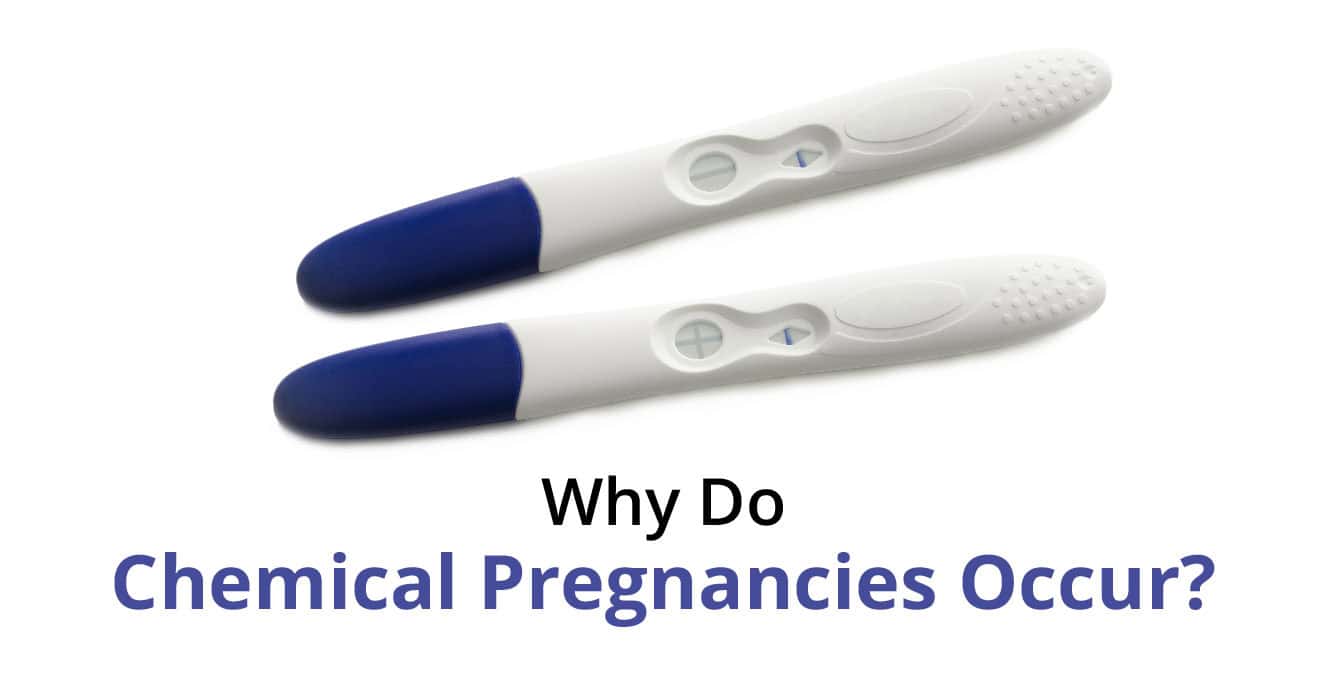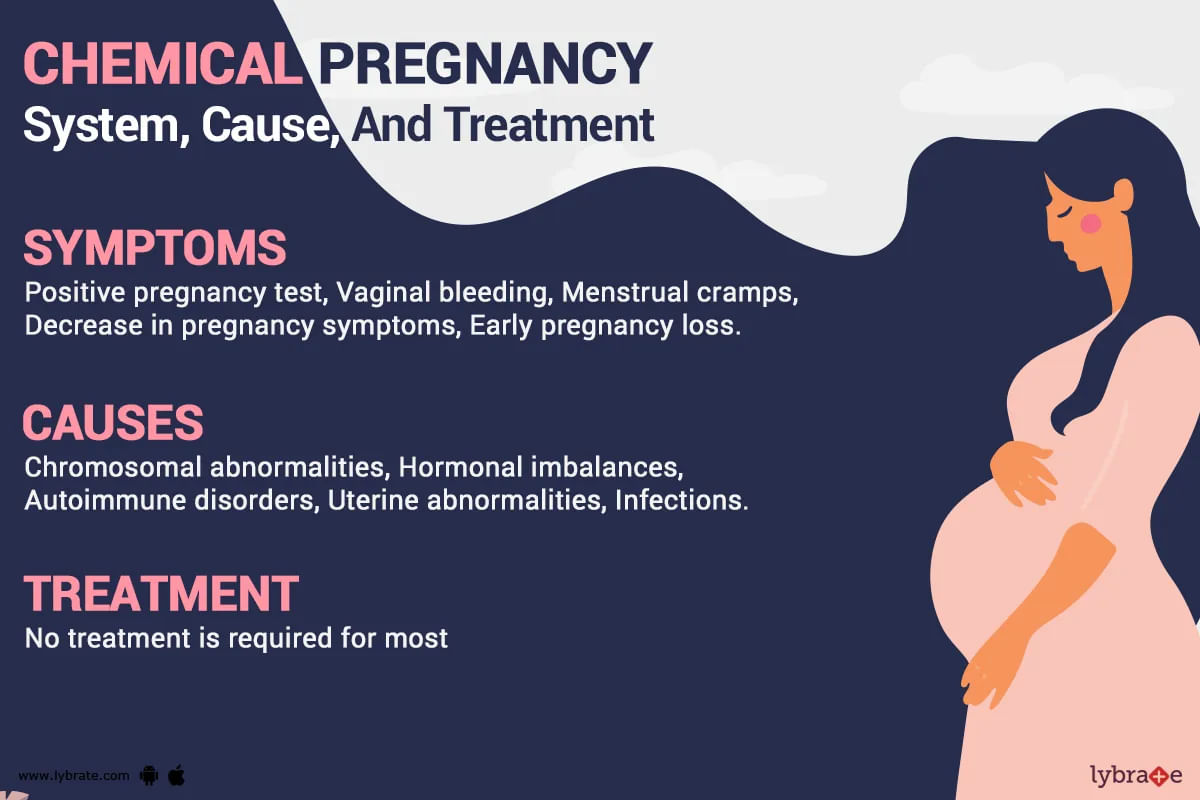Chemical Pregnancy Miscarriage Discharge - Learn more about what causes it, what to. Chemical pregnancies may account for 50 to 75 percent. A chemical pregnancy is an early pregnancy loss that occurs shortly after implantation. A chemical pregnancy (sometimes called biochemical pregnancy) is a very early pregnancy loss which usually happens just after the. Chemical pregnancy is a miscarriage that occurs just after an embryo's implantation.
A chemical pregnancy (sometimes called biochemical pregnancy) is a very early pregnancy loss which usually happens just after the. Learn more about what causes it, what to. Chemical pregnancy is a miscarriage that occurs just after an embryo's implantation. A chemical pregnancy is an early pregnancy loss that occurs shortly after implantation. Chemical pregnancies may account for 50 to 75 percent.
Chemical pregnancy is a miscarriage that occurs just after an embryo's implantation. A chemical pregnancy is an early pregnancy loss that occurs shortly after implantation. Chemical pregnancies may account for 50 to 75 percent. A chemical pregnancy (sometimes called biochemical pregnancy) is a very early pregnancy loss which usually happens just after the. Learn more about what causes it, what to.
pregnant after miscarriage and chemical pregnancy BabyCenter
A chemical pregnancy is an early pregnancy loss that occurs shortly after implantation. Chemical pregnancy is a miscarriage that occurs just after an embryo's implantation. Learn more about what causes it, what to. Chemical pregnancies may account for 50 to 75 percent. A chemical pregnancy (sometimes called biochemical pregnancy) is a very early pregnancy loss which usually happens just after.
Understanding Chemical Pregnancies and Early Miscarriage Birla
A chemical pregnancy is an early pregnancy loss that occurs shortly after implantation. Chemical pregnancies may account for 50 to 75 percent. Chemical pregnancy is a miscarriage that occurs just after an embryo's implantation. Learn more about what causes it, what to. A chemical pregnancy (sometimes called biochemical pregnancy) is a very early pregnancy loss which usually happens just after.
Chemical Pregnancies and Early Miscarriage Stay At Home Mum
A chemical pregnancy (sometimes called biochemical pregnancy) is a very early pregnancy loss which usually happens just after the. Chemical pregnancy is a miscarriage that occurs just after an embryo's implantation. A chemical pregnancy is an early pregnancy loss that occurs shortly after implantation. Learn more about what causes it, what to. Chemical pregnancies may account for 50 to 75.
What is a chemical pregnancy By Dr. Anila Kothari Lybrate
Learn more about what causes it, what to. Chemical pregnancies may account for 50 to 75 percent. A chemical pregnancy is an early pregnancy loss that occurs shortly after implantation. Chemical pregnancy is a miscarriage that occurs just after an embryo's implantation. A chemical pregnancy (sometimes called biochemical pregnancy) is a very early pregnancy loss which usually happens just after.
Chemical Pregnancy After IVF And IUI Is It A Good Sign?
Learn more about what causes it, what to. Chemical pregnancies may account for 50 to 75 percent. A chemical pregnancy is an early pregnancy loss that occurs shortly after implantation. A chemical pregnancy (sometimes called biochemical pregnancy) is a very early pregnancy loss which usually happens just after the. Chemical pregnancy is a miscarriage that occurs just after an embryo's.
Chemical Pregnancy Symptoms, Causes, Treatment, Coping
Chemical pregnancy is a miscarriage that occurs just after an embryo's implantation. A chemical pregnancy is an early pregnancy loss that occurs shortly after implantation. A chemical pregnancy (sometimes called biochemical pregnancy) is a very early pregnancy loss which usually happens just after the. Chemical pregnancies may account for 50 to 75 percent. Learn more about what causes it, what.
Chemical Pregnancy is the most severe form of miscarriage Antai
Chemical pregnancies may account for 50 to 75 percent. A chemical pregnancy (sometimes called biochemical pregnancy) is a very early pregnancy loss which usually happens just after the. A chemical pregnancy is an early pregnancy loss that occurs shortly after implantation. Chemical pregnancy is a miscarriage that occurs just after an embryo's implantation. Learn more about what causes it, what.
Chemical Pregnancy is a form of Miscarriage Antai Hospital YouTube
Learn more about what causes it, what to. Chemical pregnancy is a miscarriage that occurs just after an embryo's implantation. Chemical pregnancies may account for 50 to 75 percent. A chemical pregnancy (sometimes called biochemical pregnancy) is a very early pregnancy loss which usually happens just after the. A chemical pregnancy is an early pregnancy loss that occurs shortly after.
How to Identify a Possible Miscarriage Healthy Pregnancy
Chemical pregnancies may account for 50 to 75 percent. Learn more about what causes it, what to. A chemical pregnancy is an early pregnancy loss that occurs shortly after implantation. Chemical pregnancy is a miscarriage that occurs just after an embryo's implantation. A chemical pregnancy (sometimes called biochemical pregnancy) is a very early pregnancy loss which usually happens just after.
What Causes A Chemical Pregnancy? YouTube
Chemical pregnancy is a miscarriage that occurs just after an embryo's implantation. Learn more about what causes it, what to. Chemical pregnancies may account for 50 to 75 percent. A chemical pregnancy is an early pregnancy loss that occurs shortly after implantation. A chemical pregnancy (sometimes called biochemical pregnancy) is a very early pregnancy loss which usually happens just after.
Chemical Pregnancies May Account For 50 To 75 Percent.
A chemical pregnancy is an early pregnancy loss that occurs shortly after implantation. Chemical pregnancy is a miscarriage that occurs just after an embryo's implantation. A chemical pregnancy (sometimes called biochemical pregnancy) is a very early pregnancy loss which usually happens just after the. Learn more about what causes it, what to.





/chemical-pregnancy-a-very-early-miscarriage-2371493_final-82069057db8743bf8240aca072b7c080.png)



